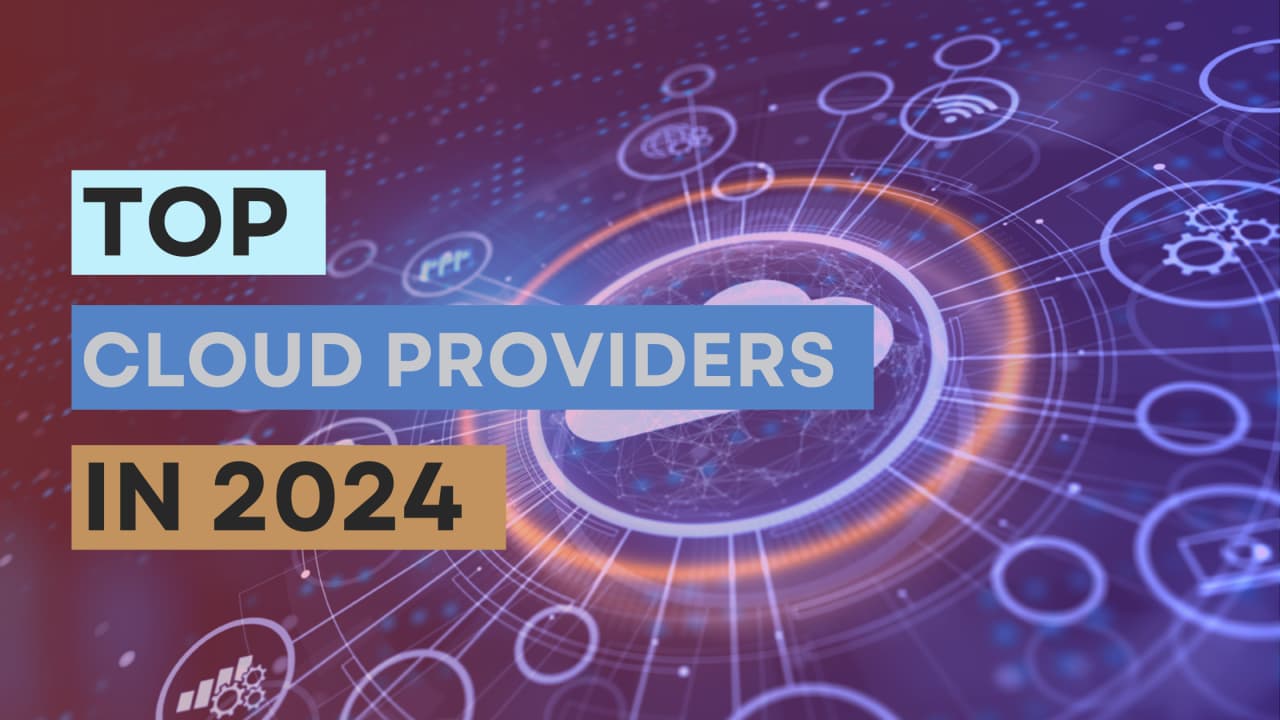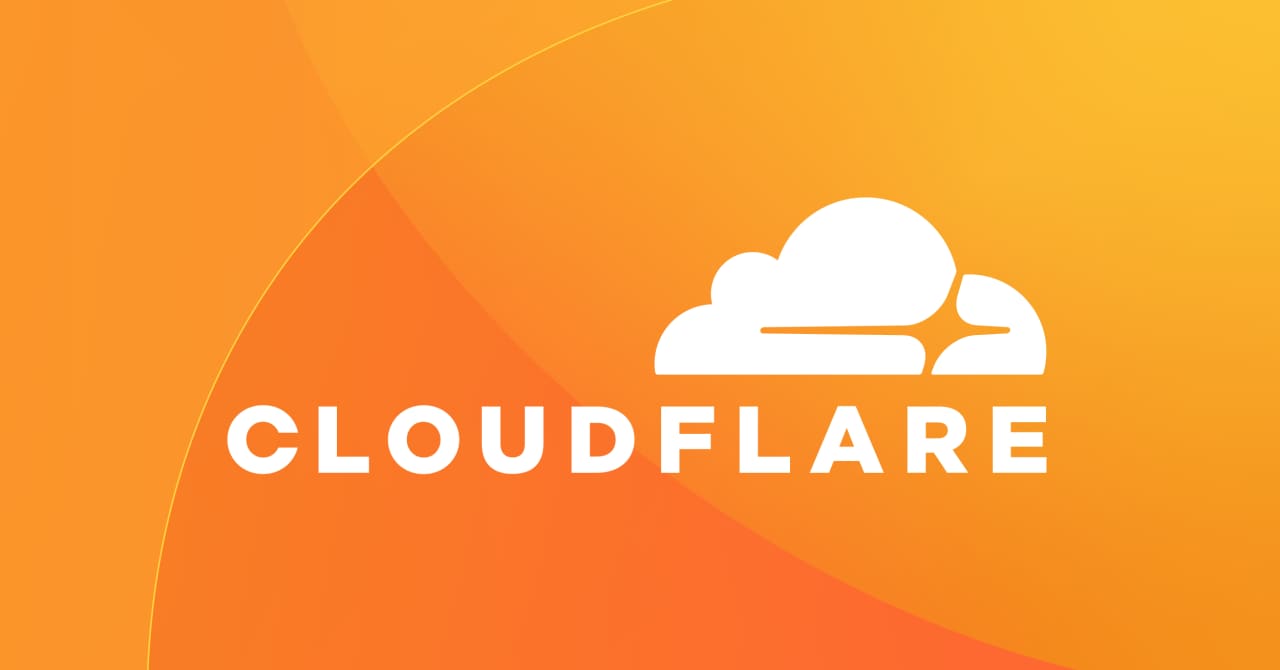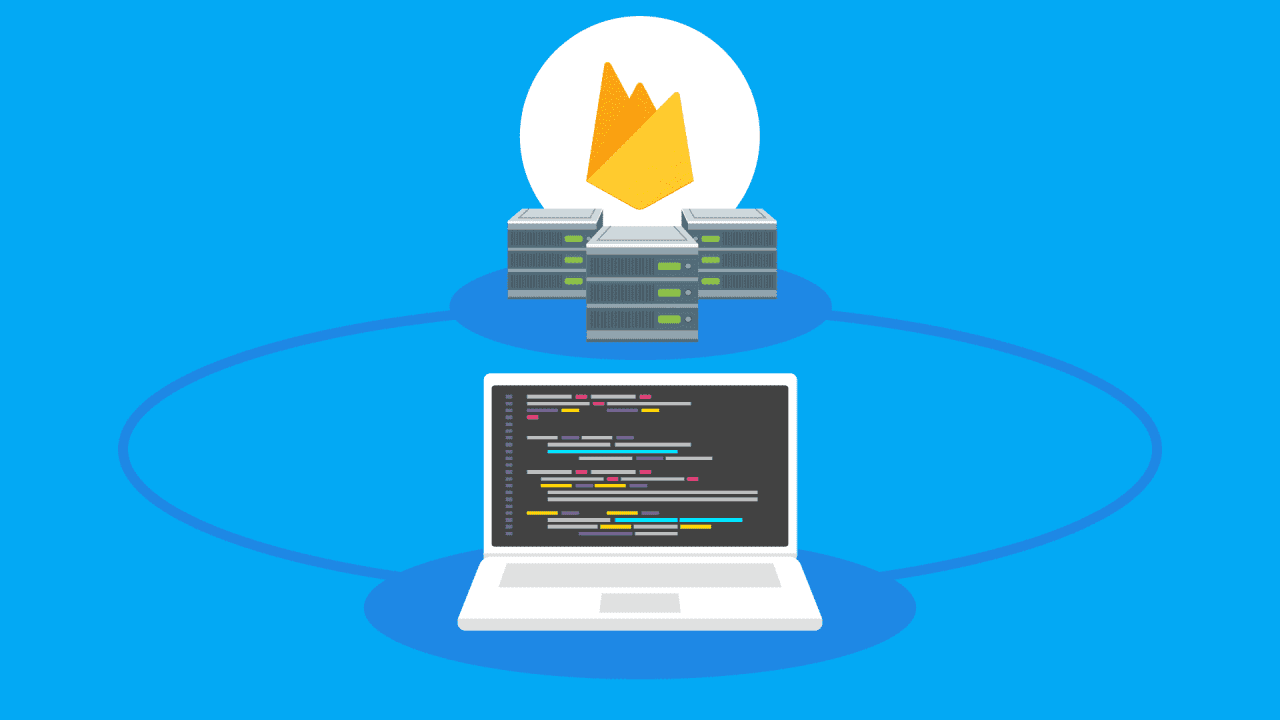Top Cloud Platform That You Can Explore In 2024
- With Code Example
- March 13, 2024


Cloud services are becoming more popular by the day in current times. As developers, we have regularly included the word cloud in our thoughts. I will take a deeper look at it, and therefore provide a lengthy guide on top clouds that one can use from the year 2024. However, let’s discuss cloud platforms before anything else to know what they are and why they are used. Let us start learning about the cloud.
Table of Contents
What is Cloud?
The term ‘cloud’ refers to the delivery of computer-related services such as software, storage devices, servers and networking via the Internet. By using services without owning them, physical cloud service providers give benefits to their customers for using these services. Based on your needs you can choose multiple plans for reaching those services on a rental basis or until your purpose is done with them, you may also quit. Subscription-based options allow you to access those services whenever needed usage-wise; almost every cloud offers a pay-as-you-go facility
Types of Cloud Services
Infrastructure as a Service (IaaS): IaaS offers virtualised computer resources over the Internet. Companies can lease virtual machines, storage and networks on a pay-as-you-go basis, making it flexible, scalable and without physical hardware.
Platform as a Service (PaaS): PaaS proposes a platform that allows developers to build, deploy and handle applications without bothering about the underlying infrastructure. In other words, it supplies tools and frameworks for application development thus enhancing efficiency thereof.
Software as a Service (SaaS): SaaS involves delivering software applications over the internet as subscription services. This means that users can access these applications via web browsers without having to install or maintain any software on their local systems. Examples of such are email services, customer relationship management (CRM) software and productivity suites
Key Benefits of Cloud Services:
Scalability: The scalability of cloud services allows businesses to scale up or down depending on need, ensuring optimal performance and affordable costs. This scalability is particularly beneficial for varying workloads and seasonal demand peaks.
Cost Savings: Organizations can save significantly from implementing cloud services due to the absence of upfront costs for infrastructure as well as reduced maintenance expenses. Budget allocation is made efficient when companies only pay for the resources they use through pay-as-you-go pricing models.
Flexibility and Accessibility**: Data and applications can be accessed remotely from any location with an internet connection via cloud services. This flexibility encourages collaboration, telecommuting, and seamless resource access which in turn promotes productivity and efficiency.
Reliability and Security: Prominent cloud service providers employ substantial investments involving robust infrastructure enhancements as well as security features aimed at ensuring high availability levels alongside data safety. Cloud services are more reliable and secure than in-house traditional solutions because they have redundant systems, automated backups, and better security protocols.
Innovation and Agility: Rapid business innovation is supported by the availability of cutting-edge technologies through cloud services. Cutting-edge technology can be accessed through PaaS
Top Cloud Platforms for 2024
I have selected these cloud platforms from the StackOverflow survey 2023 . Here is the result of the survey :point_down:

Let’s explore each one one by one
Amazon Web Services (AWS)

It is an understatement to say that Amazon Web Services (AWS) was a trailblazer in the world of cloud computing, completely transforming how companies use technology. This comprehensive suite of cloud-based services came up in 2006 after being initiated by Amazon.com providing companies with a flexible, scalable and reliable infrastructure.
Through AWS, businesses can remove the burden of managing their infrastructure thus enabling them to concentrate on innovation as well as growth. From computational power to storage solutions and databases to machine learning capabilities; AWS provides a vast range of options that address multiple business requirements.
Firstly, one of the greatest advantages that AWS has is its widespread presence which is sustained by data centers located globally for ensuring low latency and high availability. With this kind of global footprint, enterprises can launch applications and services nearer to their clients thereby ensuring good user experience regardless of where they are situated.
Again, security and compliance form top priorities for AWS with strong measures put in place to preserve customer data together with meeting regulatory needs across many industries. The organisation’s commitment towards security is complemented by continuous improvement practices plus a broad web of partners and developers has made it the most preferred cloud provider by organisations of all industries and sizes.
Microsoft Azure

Another crucial faction of the cloud computing environment is Microsoft Azure . It offers various services and solutions that enable organisations to realize their digital objectives. Since its launch in 2010, it has grown into one of the leading cloud platforms, with powerful tools and infrastructure as a service (IaaS).
Azure also consists of computerization, storage, networking, databases, analysis software systems and artificial intelligence among others that support the seamless building, deployment and management of applications. Thus Azure can be used to build revolutionary software applications by analyzing large data sets or creating sophisticated models for AI purposes.
Amongst the useful parts of Azure is its hybrid functions which allow combination between on-premises infrastructures and those on the Cloud without any hitches at all. Hybrid approaches give flexibility and control so firms can make the best use of what they already have while benefiting from scalability as well as agility brought by moving part of an organization’s IT resources such as processing power outside their premises or offices to external locations which are linked together over networks known as cloud computing.
Google Cloud Platform

The Google Cloud Platform (GCP) is a set of cloud computing services by Google, giving businesses access to various infrastructure, platforms or software products. GCP was launched in 2008 and it offers scalable computing power, storage, databases, machine learning and analytics capabilities that allow organizations to rapidly build, deploy and manage applications. Additionally, this ensures users have minimal connection delays due to the distributed nature of the data centres used by GCP.
Also, GCP has innovative solutions like BigQuery for data analytics and TensorFlow for machine learning which enable enterprises to incorporate state-of-the-art technology into their business models fostering digital conversion. GCP satisfies different requirements of startups as well as large organizations by offering flexibility, scalability along dependability across different sectors making it one of the highly recommended options among competitive cloud computing markets.
Cloudflare

Founded in 2009, Cloudflare is a large internet infrastructure and security company offering several solutions to boost websites’ performance, reliability and safety. Being a content delivery network (CDN), it reduces latency and enhances load times by caching web contents on servers closer to the users.
Besides CDN services, it also caters for distributed denial of service (DDoS) protection where it filters out malicious traffic sources ensuring that the site remains up all the time. Also, there are other security features available from Cloudflare including Web Application Firewall (WAF), SSL/TLS encryption, and Bot Management which protects against various cyber threats and vulnerabilities.
Additionally, Cloudflare is involved with DNS (Domain Name System) services allowing businesses to manage and optimize their domain’s DNS records to improve reliability as well as performance.
Cloudflare makes sure that data is delivered fast while being secure across the world using its global network which extends to 250 plus populated areas. With millions of websites trusting it including some Fortune 500 companies amongst others, Cloudflare keeps on growing its service range as it continues empowering business.
Firebase

Firebase , developed by Google, is a comprehensive platform for developing mobile and web applications. Launched in 2011, Firebase offers several functionalities that streamline app development, enhance app quality and help developers grow their user base.
One of the essential features of Firebase is its real-time database which enables developers to store and sync app data across devices in real-time, this makes it possible to create collaborative and responsive applications. Furthermore, Firebase comes with an authentication services that assist developers in easily introducing user authentication and authorization securely within their apps.
Also included in Firebase are tools for app analytics so that developers can get insights into user behavior as well as app performance and engagement. These analytics enable developers to make informed decisions about what their apps should look like so as to enhance the experience of the users.
Moreover, Firebase includes cloud messaging services intended for sending notifications to users, dynamic links for deep linking across platforms as well as hosting services meant for deploying web apps fast and securely.
In general terms, it is a unified platform available on firebase that simplifies application development process hence making it easy for developers to build, improve and grow their apps thus making it a popular choice amongst most programmers worldwide.

Tags
Related Posts

Golang Garbage Collection: Memory Mastery
Download PDF Garbage collection, a fundamental process in modern programming languages, is the automatic management of memory resources. It ensures that memory occupied by objects that are no longer reachable or useful is reclaimed, preventing memory leaks and optimizing resource utilization.

Essential Golang Libraries With Examples and Applications
Golang, also known as Go, has rapidly gained popularity among developers due to its simplicity, performance, and concurrency support. One of the key factors contributing to Go’s success is its rich ecosystem of libraries that streamline development and offer solutions to common challenges.




